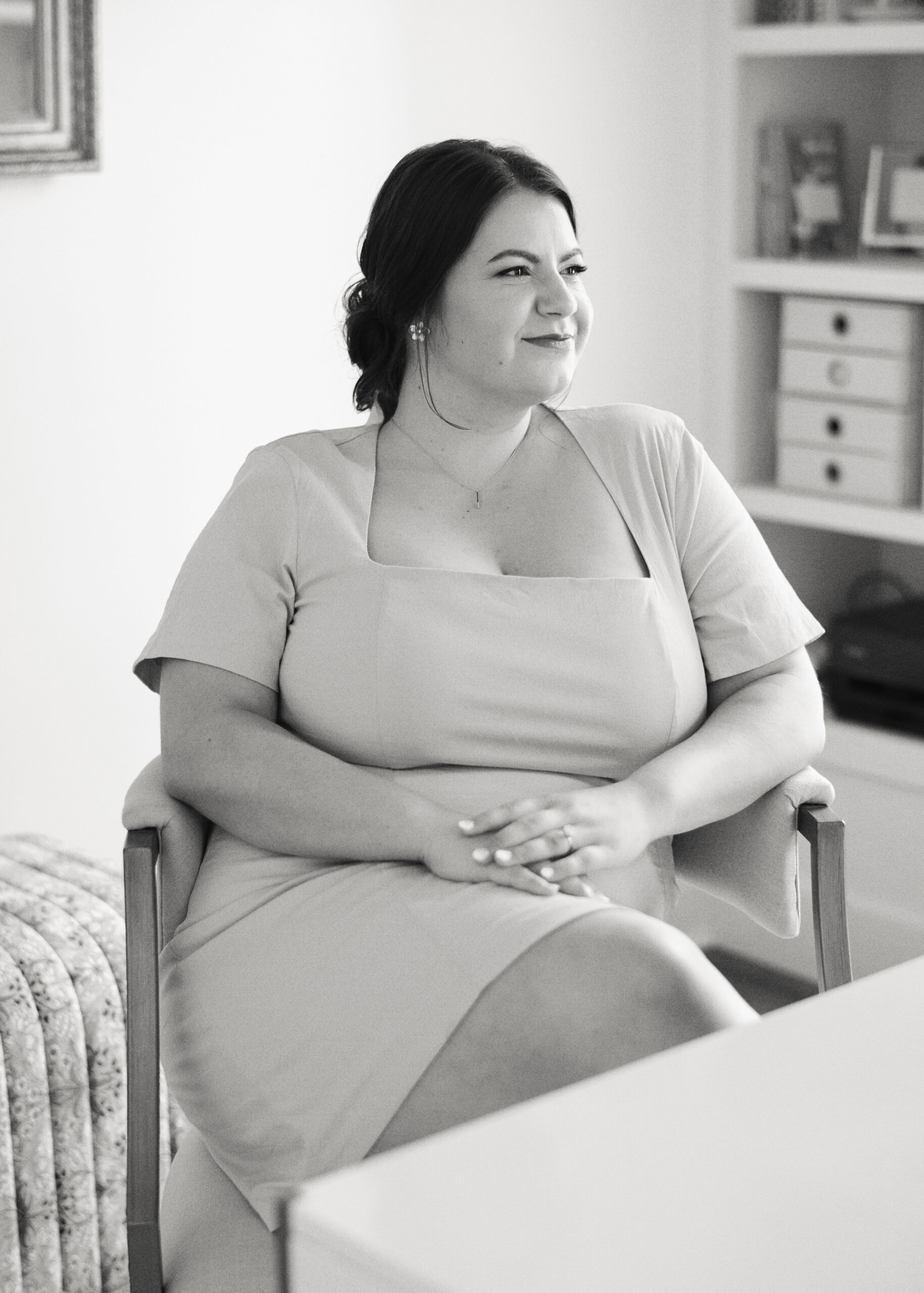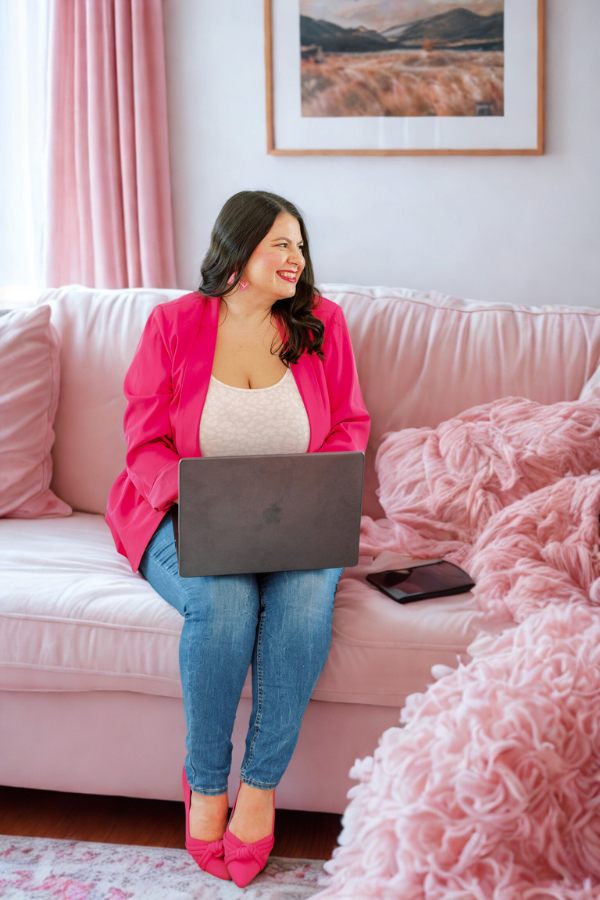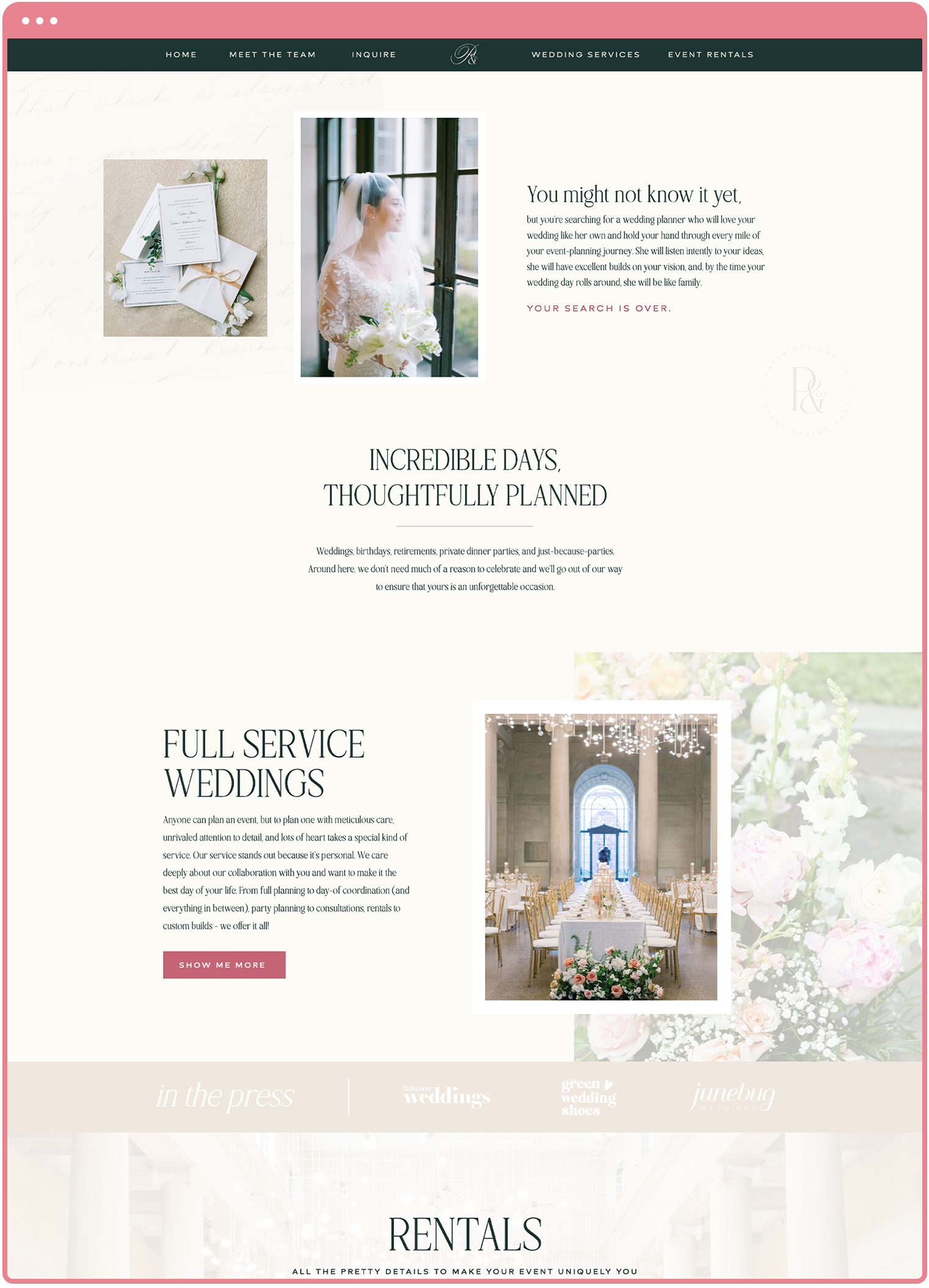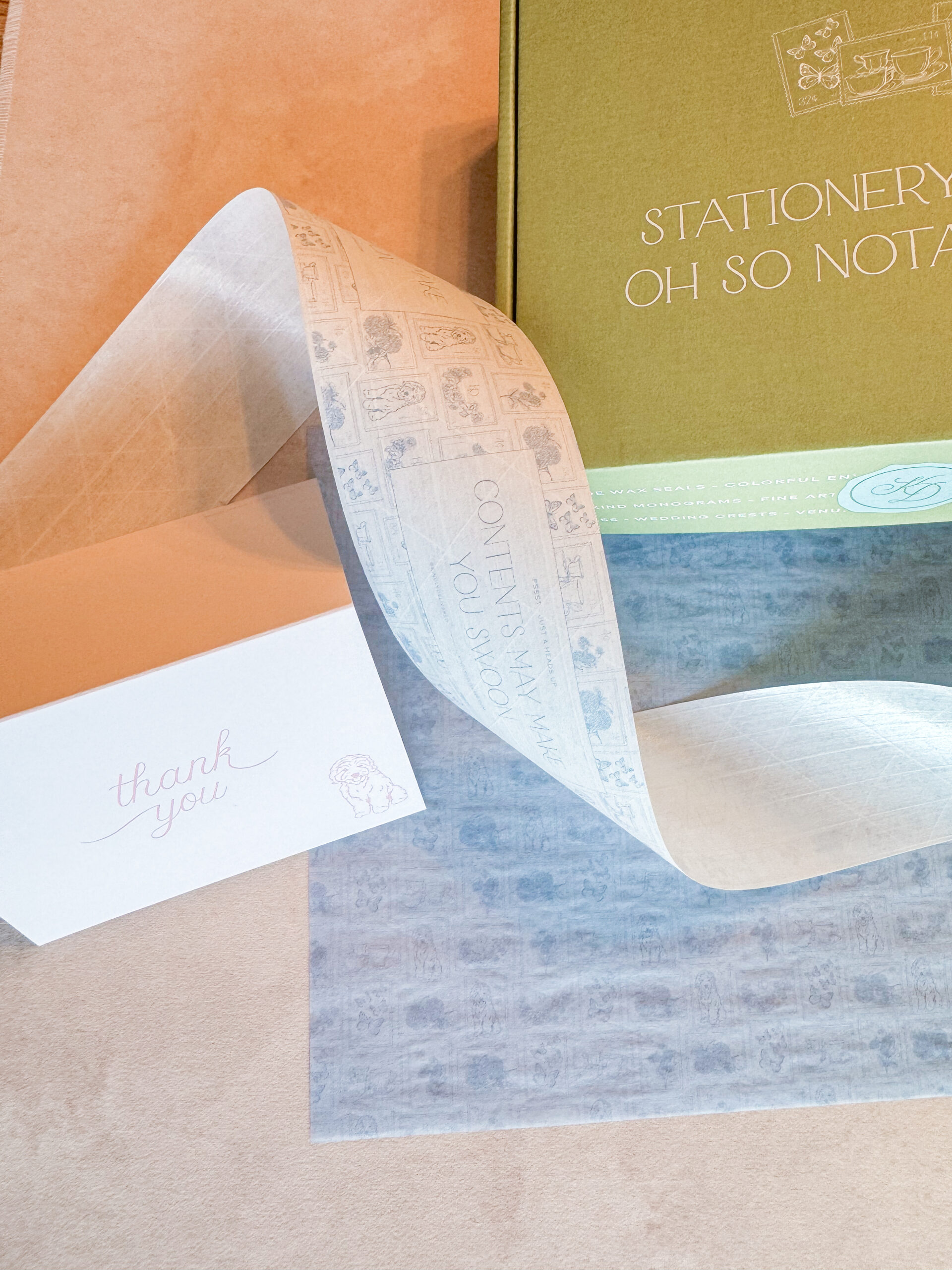When I was 2 or 3, I wouldn’t go on stage at my first dance recital unless I was holding my mom’s lipstick. My mom couldn’t come perform on stage with me, but that lipstick? It made me feel like she was still close. Like I could do the scary thing… just maybe.
I didn’t know it then, but I was autistic.
I was officially diagnosed in the late 2000s. Not with “autism,” exactly, but with what they used to call Asperger’s. If you’re not familiar, that label was basically a way to say, “You’re autistic, but not too autistic. You’re one of the good ones.”
It was an attempt to separate people like me from the rest of the spectrum, to soften the word “autism” so people wouldn’t feel so uncomfortable. But let me be clear: Asperger’s was autism. They just gave it a different name so folks wouldn’t say the quiet part out loud. They wanted a version of autism that didn’t make them uncomfortable. One they could tolerate. One that fit inside their narrow understanding of what was acceptable. One that still made sense in their minds. One that didn’t scare them.
And by the time I was diagnosed, I already knew I was different. In 6th grade math class, I remember sitting quietly before the bell rang, trying so hard to fit in. I wanted the girls around me to like me. To laugh with me. So I wracked my brain for a story—something funny, something relatable. I shared something that had happened with my mom at the mall that weekend. I thought it would land. Instead, they stared at me like I had three heads. Turned back to each other. Ignored me. And those girls went on to bully me for the rest of middle school.
My diagnosis came the following year because my math teacher noticed something and brought it to my parents’ attention. That moment, that rejection, that effort to connect that backfired… it stuck with me. It still does.
I spent years hiding it. I didn’t want to be seen as different. I didn’t want anyone thinking I wasn’t smart or capable or worthy of belonging. I already got bullied enough, I didn’t need a new label to make me more of a target.
Even in college, I struggled deeply to ask for accommodations—accommodations I was legally entitled to—because I didn’t want to be seen as less than. I didn’t want people to look at me and think, “She’s not capable.” I didn’t want to be written off. I didn’t want my success to have an asterisk next to it.
I didn’t want anyone to say, “Wow, she did such a good job… for an autistic person.”
So I kept it quiet. For a long time, the only people who knew were my parents, my sister, my husband, and a couple of my closest friends. I didn’t even tell my grandfather—my favorite person in the world—until Christmas this past year. We were at our special ice cream place after our annual shopping trip, and I just… told him. It felt like I was letting him into something sacred. Something I’d been holding alone for too long. I cried that night. Tears of relief.
I didn’t share it publicly until last summer, in the gentlest, vaguest way. I was still terrified that someone would twist it. Pity me. Use it against me. Diminish what I’ve built.
But here’s the thing: I have nothing to be ashamed of.
I’m autistic and I’ve built a beautiful life. My DREAM life.
And the more I talk about it—the more I own it, the more I say it out loud—the freer I feel. Every baby step in speaking up has made me lighter. I still hesitate. I still feel that twinge of fear sometimes when I say the word out loud. But I can push through it now. Because this part of me isn’t broken or shameful. It’s just me.
Still, I catch myself shifting into high-functioning mode the second I sense judgment. I feel it before it’s said. My intuition is never wrong. And suddenly I’m calculating: Am I making enough eye contact? Too much? Not enough? Should I look away now? Am I being rude? Am I being weird? I can’t even follow the conversation anymore because I’m so focused on performing normal.
And for most of my life, I thought I was having panic attacks. The shaking, the shortness of breath, the spiral. But now I know: that was overstimulation. That was my body saying “this is too much.” And when I started treating it that way (earplugs, quiet room, dim light) it stopped. Or at least, I could keep it from going too far. That realization changed everything.
So when I watched RFK Jr.’s recent press conference where he claimed that autistic kids “will never write a poem, never go on a date, never pay taxes, never use a toilet,” I was stunned. Hurt. Outraged. Belittled. Dehumanized.
This wasn’t just a bad take. This wasn’t just a sound bite. I watched the whole press conference. And the way he spoke about people like me—like we were lost causes, like we destroyed families, like we didn’t belong in society—wasn’t just offensive. It was violent.
I wanted to burn the world down.
He wasn’t just talking about some abstract group. He was talking about me. He was talking about the kid who just wanted to make a friend in math class. He was talking about the adult who has had to fight every day to exist comfortably in a world that isn’t built for me. He was talking about every autistic person who has ever been told they were too much or too little, too loud or too quiet, too sensitive, too smart, too broken.
He said autistic people will never write poetry.
Well, sir—I am the poem.
This kind of language isn’t just factually wrong, it’s dangerous. It fuels stigma. It encourages parents to grieve their living children. It isolates people like me who spent years believing we had to hide to be loved. And it makes life harder for everyone on the spectrum, especially those who don’t have the same support or privilege I do.
Here’s what autism actually looks like for me:
- Losing complete track of time while hyperfocused on a task, and then feeling panicked or disoriented when I finally look up and realize how much time has passed. Time blindness isn’t quirky, it’s disruptive, and it can make even simple tasks feel impossible to plan or complete on schedule.
- Feeling the highest highs and the lowest lows. I get excited about ice cream after dinner and sunshine on the patio and FaceTiming my best friend, and I wouldn’t trade that for anything.
- Black and white thinking. Sometimes that helps me be decisive and bold. Sometimes it makes conflict really hard.
- Meltdowns (not tantrums, meltdowns). When I get overstimulated, I shake and can’t breathe and need earplugs to block out the world so I can exist in it again.
- Creativity and execution on overdrive. I can see a room and instantly know what paint, wallpaper, furniture, and layout will serve its purpose—and I can make it happen quickly. But the cleanup? That’s where I fall apart. Sorry to my husband, who is a literal saint.
- Executive dysfunction. Laundry is the villain in my life story.
- Clutter blindness. I don’t even see the mess until I do—and then I need it gone immediately or I spiral.
It also looks like clarity. Joy. Depth. Empathy. Hyper-focus. Pattern recognition. Design intuition. Big ideas. Big emotions. Big love.
It looks like running a business that changes lives. It looks like freedom and leadership and systems that support my brain instead of shaming it.
It looks like success—not in spite of my autism, but because I built something that works with it.
And I’ll say this clearly: I don’t need to be fixed. I don’t need to be cured. I don’t need to be spoken about like a problem.
Autism is not an epidemic. It is not a tragedy. It is not a death sentence. And it damn sure is not a reason to treat people like they’re disposable.
Autism is a spectrum. And on that spectrum are people who speak, people who don’t. People who need full-time support, and people who live independently. People who struggle in certain ways, and people who thrive in others. People who are all of those things at different times.
Some of us will need more support than others. But every one of us deserves to be respected, supported, and celebrated.
If I had heard someone like RFK Jr. speak when I was younger, I might never have become the person I am today. I might have believed him. I might have let that shame eat me alive. I might have stopped trying. And that terrifies me.
I am so grateful I didn’t hear that message when I was younger.
But I did hear it now. And so did the younger generation. So did parents who are scared. So did kids who are newly diagnosed. So did people who are just beginning to wonder if maybe, just maybe, they aren’t broken—just wired differently.
And they deserve to hear this too.
Autism isn’t new. It’s not a modern crisis. It didn’t suddenly appear in the last decade. It’s genetic. I can trace it through my family tree like a thread. I got diagnosed. The rest of us didn’t. They learned to cope and mask and survive.
Now, I get to thrive.
Because I’ve done the work. I’ve done the research. I’ve been in therapy. I’ve built a life that fits my brain instead of trying to force myself to fit into someone else’s.
So no, I’m not going to sit quietly while a man with a microphone tries to erase everything I’ve built and keep the next generation of spicy brains from doing the same.
Because if a former presidential candidate, now leading our nation’s health policies, can stand on a stage and say something that harmful and still get applauded, we have a long way to go.
But I’ll keep showing up. Loudly. Boldly. Proudly.
Because I’m autistic. And I’m not a tragedy.
Resources & Support
If you’re autistic or think you might be, if you’re a parent feeling overwhelmed, or if you just want to learn—my inbox is open. I am not a clinician, but I am living it. And I will always make space for these conversations.
xo, jordan




